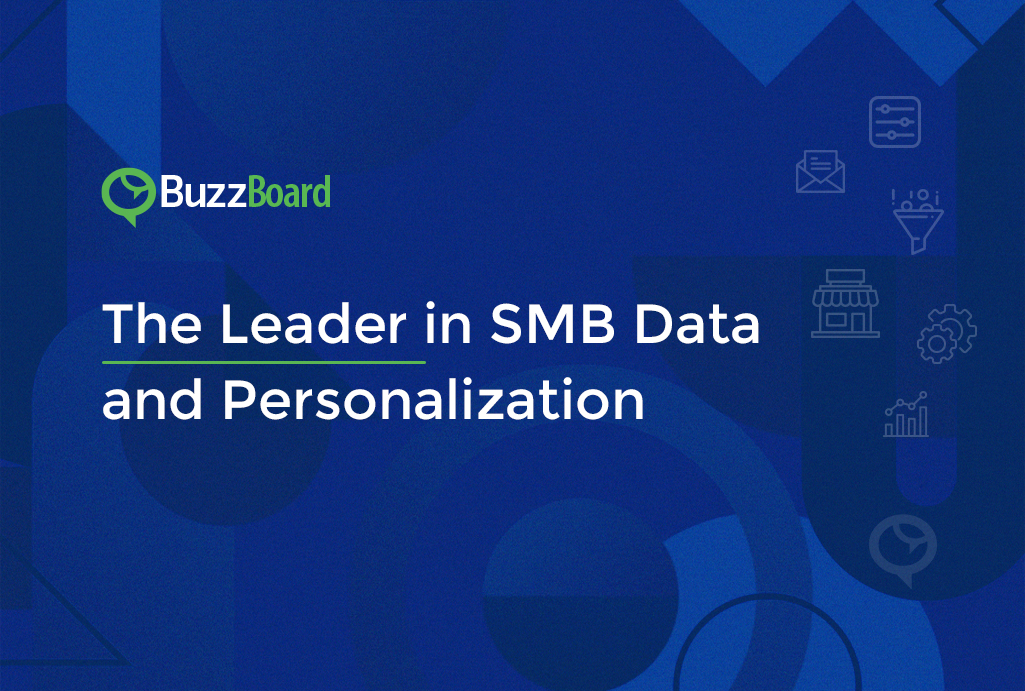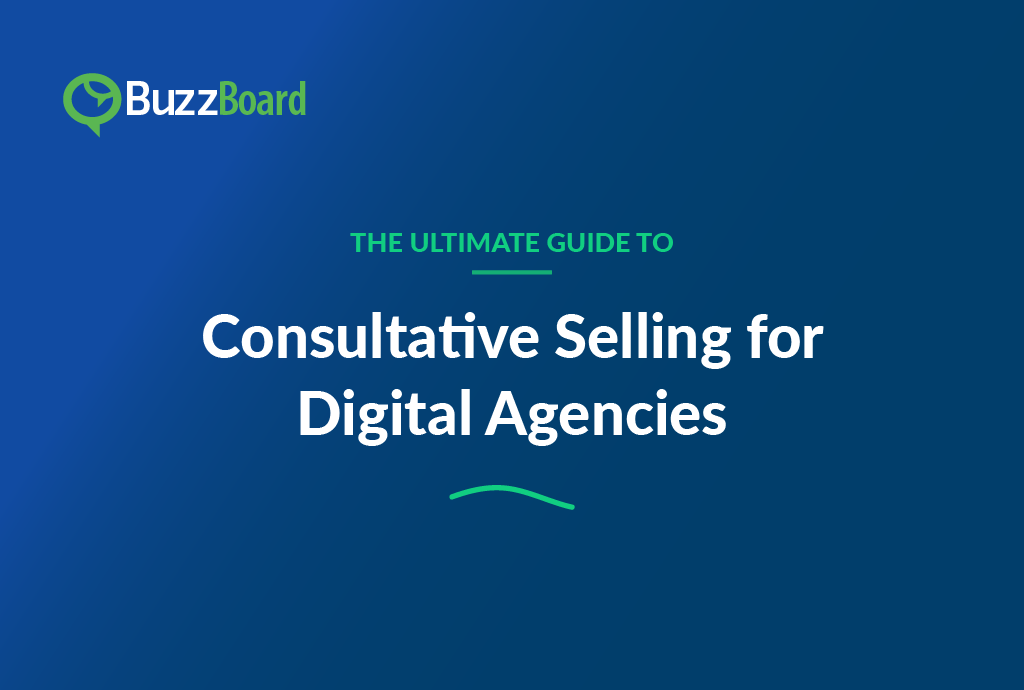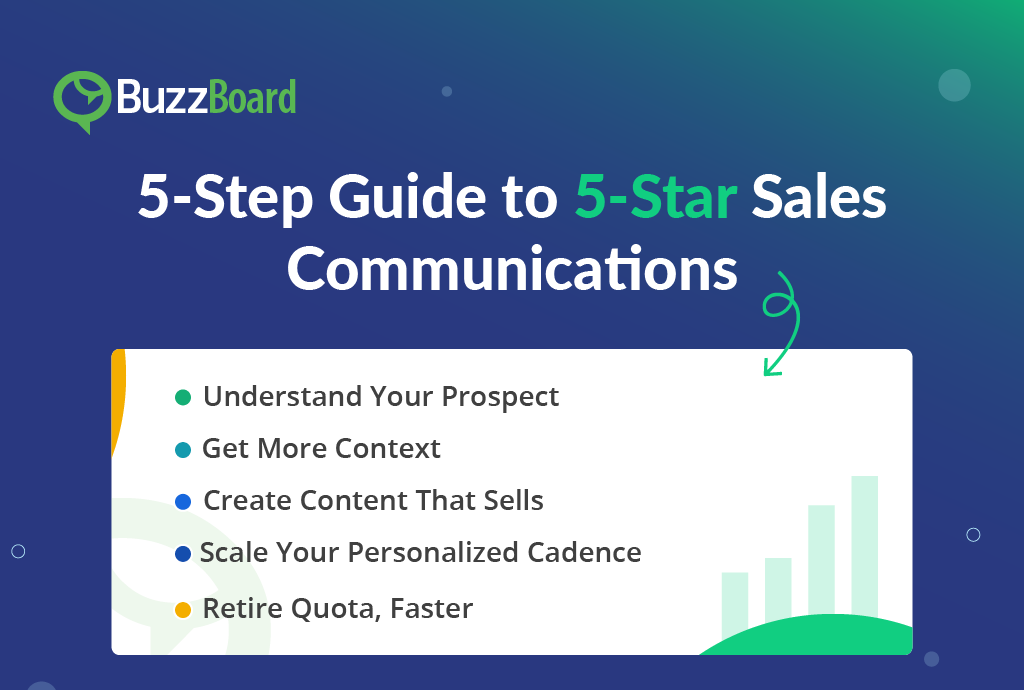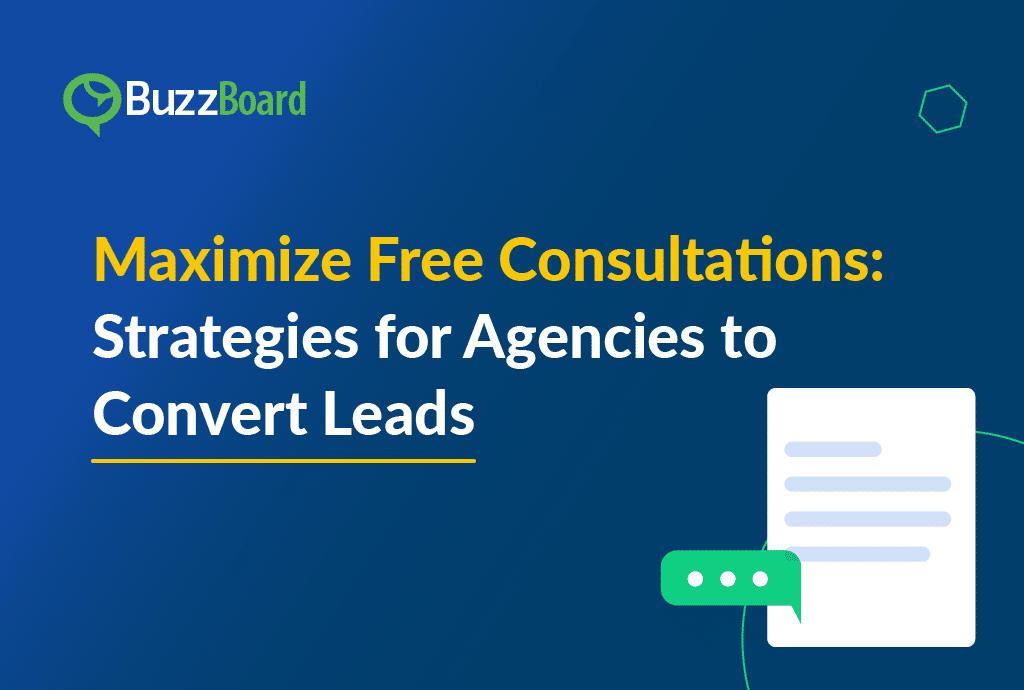 We live in a noisy, crowded world. As a sales professional, your day looks like this: numerous calls, voicemails, alerts, door knocks, meetings, deadlines, appointments, and more. Your prospects’ days are similar. And when you add cold calls and unsolicited emails from marketing and sales people into their mix, it’s no wonder these businesses are hesitant to meet with us.
We live in a noisy, crowded world. As a sales professional, your day looks like this: numerous calls, voicemails, alerts, door knocks, meetings, deadlines, appointments, and more. Your prospects’ days are similar. And when you add cold calls and unsolicited emails from marketing and sales people into their mix, it’s no wonder these businesses are hesitant to meet with us.
When I was young in my digital selling career, I remember working for what was known as a traditional media company – print, radio and television. Our salespeople constantly had to convince business prospects that they knew what they were talking about in trying to sell digital. They were trying too hard, talking too much, failing to empathize, and not really taking the time to address the needs of their potential customer. In their attempts to convince prospects to work with them, they’d lose the sale. This brings to mind the old saying: win the argument, lose the convert. Sometimes the best way to break through all the noise, is to be silent and just listen.
“The word listen contains the same letters as the word silent.” –Alfred Brendel
That quote is from Dr. Travis Bradberry’s article, “7 Things Fabulous Listeners Do Differently,” in which Bradberry, coauthor of Emotional Intelligence 2.0, cites a George Washington University study that showed listening influences up to 40% of a leader’s job performance.
How does this translate to our world as sales professionals? Simple: Sometimes, when meeting with these business leaders, the less we say, the more impact we can have.
In market research conducted by WebStrategies, B2B decision makers were asked what they value most in salespeople. The number one response? “Actively listens to me.” Eighty percent of the survey respondents cited listening skills as one of the top three most valued traits.
But it’s not just listening while you have the client in front of you. It’s also bringing unique insights to the table to demonstrate that you listened to their needs even before you meet with them – that you truly understand their situation, their goals and their challenges. That’s where sales enablement platforms can come in. Using a platform to generate highly relevant insights that you can put in front of a customer, plus positioning them with prospects, creates all the credibility in the world for a business owner. Not only does it leave more room for a rep to actually sell rather than convince, it allows them to have data-driven conversations that motivate prospects to action.
As Bradberry writes, failure to keep our ears and eyes open, especially at key moments during a sales call, can leave us out of the game. While some of us are good listeners by nature, many of us can use a little help. Bradberry offers strategies designed to help us listen more effectively. Combined with sales enablement tools, sales reps abiding by Bradberry’s guidance can better position themselves to turn down the volume of a noisy world and close more deals.
Focus
Rather than hearing someone speak, we are often more focused on what we are going to say next or how what the other person is saying is going to affect us. These thoughts can become distracting, but this can be mitigated with preparation. With the right research and insights, you’ll understand the prospect’s situation even before you speak to them. You’ll be able to listen more effectively, hear what they have to say, have naturally engaging conversations that address their needs, and most importantly, focus on how you can add value to their business.
Ask good questions
You should always strive to make sure that the questions you ask “add to your understanding of the speaker’s words, rather than deflecting the conversation to a different topic.” Again, gaining insights into a business allows you to ask thoughtful and probing questions, such as, “How happy are you with your current paid search campaign?”
Don’t pass judgment
Being open-minded when you listen allows you to eliminate preconceived biases. Even when a business doesn’t look like an ideal prospect on paper doesn’t mean it’s not worth your time to talk to them. You build trust and good rapport when you find something positive to say to a prospect rather than focusing on deficiencies. Saying something like, “The good news is that you have a terrific website we can drive traffic to…” can make a big impact.
Sales professionals who listen to their prospects and get to the heart of their needs see more success at closing deals. See how BuzzBoard can help you effectively understand your customers.








